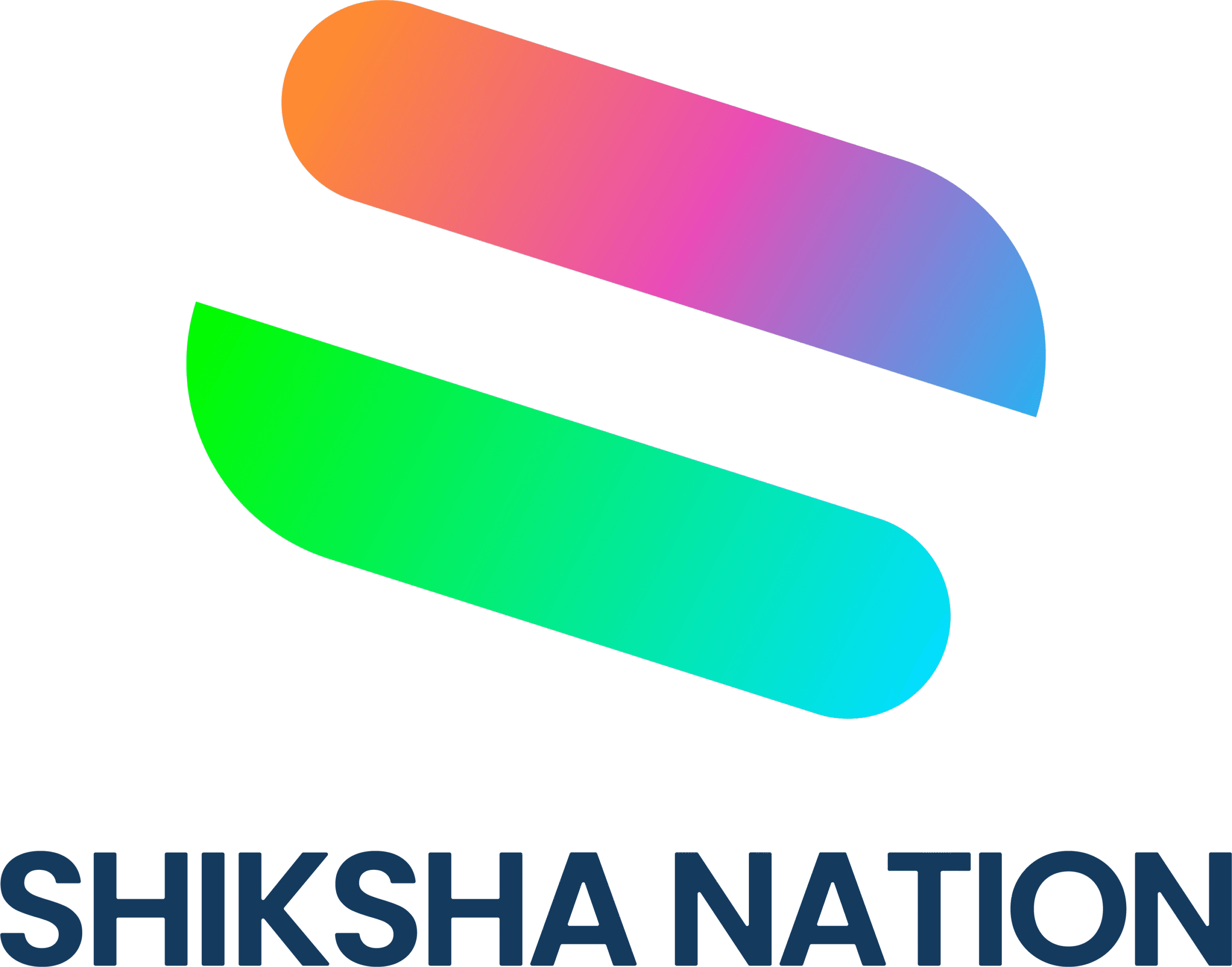🌐 Introduction:
Why Digital Addiction Threatens Academic Focus
Digital addiction and academic focus are closely connected in today’s student life. Many students open their books intending to study, but a quick glance at their phone leads to scrolling through social media, watching videos, or gaming — and suddenly an hour is gone. This constant distraction doesn’t just waste time; it weakens concentration, reduces memory retention, and harms academic performance.
Understanding how digital addiction impacts academic focus is the first step toward regaining control of your study habits and improving your learning efficiency.
What Is Digital Addiction and How It Affects Academic Focus
Digital addiction is when students become overly dependent on smartphones, tablets, or computers, to the point that it negatively impacts their productivity and mental health. It’s not about using technology; it’s about being unable to control usage, which disrupts study routines and focus.
Notifications, likes, and app updates trigger dopamine in the brain, creating a cycle of compulsion. Over time, this damages attention span, reduces study efficiency, and makes academic focus extremely difficult to maintain.
Signs of Digital Addiction Among Students
-
Constantly checking your phone while studying.
-
Feeling anxious when away from digital devices.
-
Spending more time online than intended.
-
Staying up late on social media or gaming.
-
Difficulty concentrating during lectures or revision.
Digital Addiction and Academic Focus: Key Consequences for Students
Digital addiction has a direct impact on academic focus, and understanding these consequences is crucial for students.
1. Reduced Attention Span
Frequent exposure to social media and short videos trains the brain to seek instant rewards, making it harder to focus on textbooks or study material for long periods.
2. Interrupted Study Flow
Every notification or quick phone check interrupts concentration. Research shows it takes around 20 minutes to regain full focus after a distraction, reducing overall productivity.
3. Poor Sleep Quality
Late-night scrolling affects melatonin production, causing sleep deprivation. Sleep loss reduces alertness, memory retention, and academic performance.
4. Lower Motivation for Studies
Digital addiction encourages instant gratification, whereas studying requires delayed rewards. Over time, students prefer short-term pleasures like scrolling instead of long-term academic goals.
5. Increased Stress and Anxiety
Social media comparisons and constant exposure to peers’ achievements can increase stress, lower self-confidence, and negatively affect performance.
Riya’s Story: Overcoming Digital Addiction to Improve Academic Focus
Riya, a NEET aspirant from Pune, struggled to study more than 20 minutes without picking up her phone. Her daily screen time exceeded 7 hours, mostly on Instagram and YouTube.
She decided to take action:
-
Deleted unnecessary apps.
-
Kept her phone outside her study area.
-
Practised the Pomodoro Technique (25 minutes study + 5 minutes break).
Within a month, her focus improved drastically, and her mock test scores rose from 60% to 85%. Riya’s journey shows that overcoming digital addiction is possible with intentional habits and focus strategies.
How to Improve Academic Focus and Reduce Digital Addiction
Here are proven strategies to tackle digital addiction and boost academic focus:
1. Track Your Screen Time
Use Digital Wellbeing (Android) or Screen Time (iPhone) to measure phone usage. Awareness is the first step to reducing distractions.
2. Set App Limits
Restrict entertainment apps to fixed durations. Use apps like StayFree or Freedom to block distractions during study sessions.
3. Create a Distraction-Free Study Zone
Keep your phone in another room while studying. If that’s not possible, enable “Do Not Disturb” or use apps like Forest, which rewards focus with virtual trees.
4. Use the Pomodoro Technique
Study for 25 minutes, then take a 5-minute break. After four cycles, take a 20-minute break. This keeps your brain fresh and prevents burnout.
5. Avoid Screens Before Bed
Replace scrolling with offline activities like journaling or meditation to improve sleep quality and mental clarity.
6. Turn Off Non-Essential Notifications
Disabling notifications reduces interruptions, helping maintain concentration during study hours.
7. Practise Daily Meditation
Even 10 minutes of meditation improves self-control and attention span. Guided apps like Headspace or Calm can help beginners.
8. Set “No Phone” Hours
Designate at least two hours daily as phone-free, preferably during early mornings and evening study periods.
9. Engage in Offline Hobbies
Activities like drawing, sports, reading, or music give your mind rest from digital overload and improve overall focus.
10. Reward Your Focus
After completing focused study sessions, reward yourself with a small treat or short activity to reinforce positive behaviour.
Expert Opinions on Digital Addiction and Academic Focus
Dr Cal Newport, author of Deep Work, explains that focus is like a muscle. Every time you resist checking your phone, you strengthen your brain’s ability to concentrate.
The American Psychological Association (APA) also highlights that students practising digital mindfulness show significant improvements in concentration, memory, and academic performance.
Take Control of Your Focus
Technology isn’t the enemy — uncontrolled usage is. Digital addiction and academic focus go hand in hand, but students can regain control with conscious effort.
Small steps like turning off notifications, practising Pomodoro, and scheduling phone-free hours can dramatically improve your focus and productivity.
Remember: your attention is your most valuable resource. Protect it, train it, and let technology work for you—not against you.
Key Takeaways
-
Digital addiction reduces attention span, motivation, and sleep quality.
-
Academic performance suffers due to frequent distractions and multitasking.
-
Mindful habits like meditation, Pomodoro, and distraction-free study zones rebuild focus.
-
Technology is a tool — control it; don’t let it control you.
Conclusion: Take Control of Your Focus, Take Control of Your Future
In a world full of digital noise, focus is the new superpower. Digital addiction silently steals your potential — but the moment you decide to take charge, everything changes.
Start with small steps: turn off notifications, schedule screen-free hours, and make your phone serve your goals, not sabotage them.
Because the truth is simple — your future depends not just on how much you study, but on how deeply you focus.
Also Read: Sleep and Nutrition for Exams: How to Boost Your Performance




